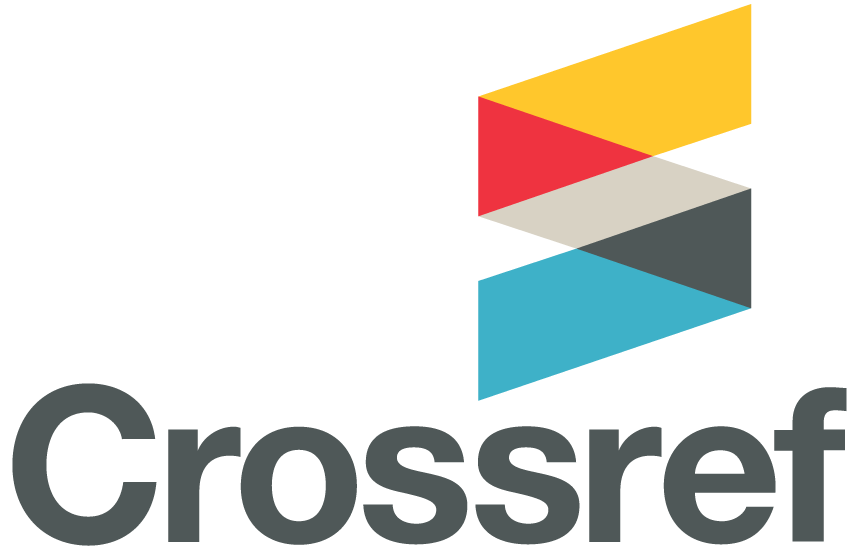Evaluation of Transverse strength, Impact strength and Hardness of Thermosense denture base material and compare the result with heat cure acrylic denture base material (in vitro study)
DOI:
https://doi.org/10.32828/mdj.v13i1.809Keywords:
Heat cure acrylic denture base material, thermosense denture base material, hardness, impact strength, transverse strengthAbstract
Background: Thermosense material is the innovative virtually unbreakable, new
monomer free rigid denture base material easy and quick to polish and available
in 10 colors, suitable to patients unable to accept denture made from materials
that could result in allergic reactions or other sensitivity problems. This type is
suitable for full and partial denture and can be used for rebase and reline jobs.
Also suitable for overdenture on implant and for repair.
Material and methods: sixty samples were prepared and divided in to two main
groups according to the type of material that used (thermosense denture base
material and heat cure acrylic denture base material). Each main group were
subdivided in to three subgroups according to the type of test that has used
(Hardness, impact strength, and transverse strength). Data were analyzed by oneway
analysis of t-test.
Results: for this study the result for three tests; hardness, transverse strength and
impact strength show high significant difference.
conclusion: This study showed Thermosense denture base material had higher impact
strength than Heat cure acrylic denture base material but this material had higher
transverse strength and hardness than Thermosense denture base material.
References
- Flexible denture base material : Aviable alternative to conventional acrylic denture base material . Contemp Clin Dent. 2011 Oct-Dec; 2(4); 313- 317.
- Craig RG, Power JM. Restorative Dental Materials 11th ed. , st. Louis Mosby Co. 2002
- R.L. Ettinger ,J.D. Beck, and J.Jakobsen; "Removable prosthodontic treatment needs: asurvey ,"The Journal of Prosthetic Dentistry , Vol. 51, no. 3 , pp. 419-427 , 1984.
- Ruffino AR. Effect of steel strengtheners on fracture resistance of the acrylic resin complete denture base. J Prosthet . Dent 1985; 54: 75-80.
- Vallittu PK, Lassila VP Effect of metal sterngtheners surface roughness on fracture resistance of acrylic denture base material. J.Oral Rehabil 1992; 19(4): 385-91.
- Mason Diamond, Division of small manufacturers, International and consumer Assistance at its toll- free number (800) 638-2041 or (301) 796-7100.
- Pure Appl. Chem International Union of pure and Applied Chemistry (1980). "Atomic Weigths of the Elements 1979".Pure Appl. Chem 52(10): 2349- 84.
- Mac Gregor AR,Graham J , Stafford GD, Huggett R. Recent experienes with denture polymers . J Dent. 1984; 12: 146.
- De Clerk JP. Microwave polymerization of acrylic resin used in dental prostheses. JProsthet. Dent 1987; 57: 650-8.
- 10.Mohammed A.A.( Master Degree)/ University of Baghdad , Evaluation and comparison of the effect of repeated microwave irradiation on some properties of heat cure acrylic resin and valplast (nylon) denture base materials ; 2011.
- 11 . Stafford GD, Smith DC. Some studies of the properties of denture base polymers .Br. Dent. J. 1968 ; 15: 337.
- 12. Power J, Sakaguchi RL: Craigs restorative dental materials 12th ed. , st. Louis Mosby Co . 2006.
Downloads
Published
Issue
Section
License

This work is licensed under a Creative Commons Attribution 4.0 International License.
The Journal of Mustansiria Dental Journal is an open-access journal that all contents are free of charge. Articles of this journal are licensed under the terms of the Creative Commons Attribution International Public License CC-BY 4.0 (https://creativecommons.org/licenses/by/4.0/legalcode) that licensees are unrestrictly allowed to search, download, share, distribute, print, or link to the full texts of the articles, crawl them for indexing and reproduce any medium of the articles provided that they give the author(s) proper credits (citation). The journal allows the author(s) to retain the copyright of their published article.
Creative Commons-Attribution (BY)









